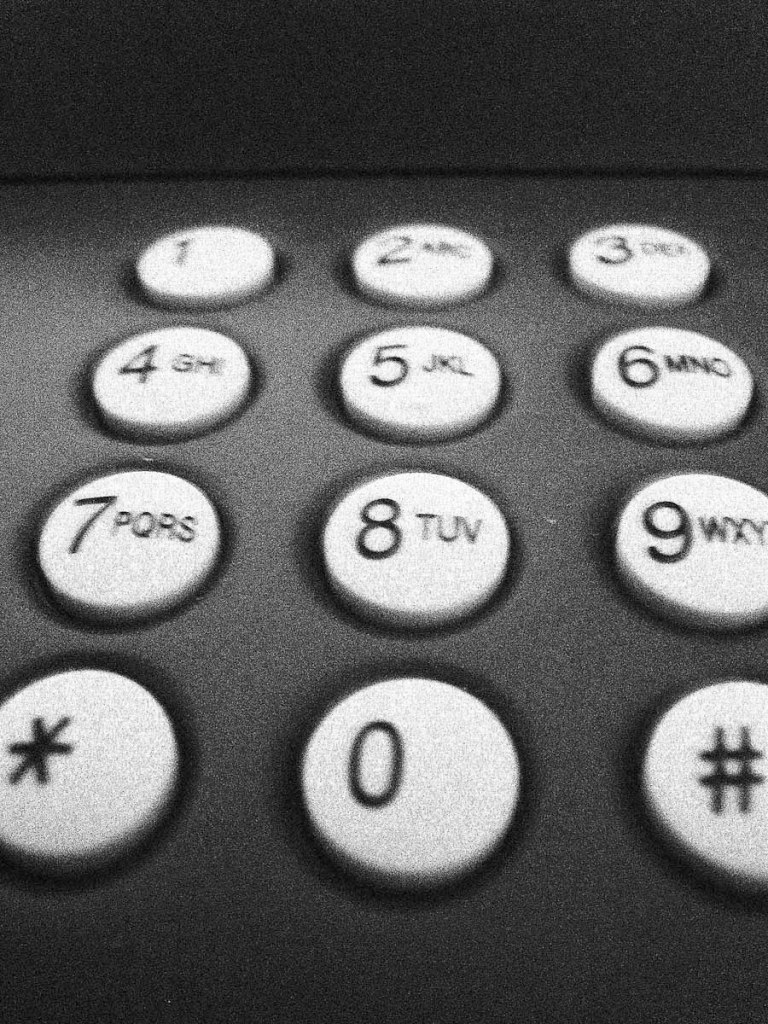New rules could hang up phones in jails, prisons
Published 8:10 pm Wednesday, December 30, 2015

- New rules could hang up phones in jails, prisons
WASHINGTON – Advocates for prisoners are hailing a move by the Federal Communications Commission to lower the cost of jailhouse calls. But sheriffs and phone service providers say the ruling could inadvertently hurt inmates and taxpayers, and even lead to some jails doing away with phone service altogether.
In an attempt to rein in rates, the FCC in October capped how much prisoners and their families are charged for phone calls, cutting some fees in half.
Trending
That could help some people nationally avoid what Shirley Turner says she went through. The Ipswich, Massachusetts, woman said that when her husband was in jail at the Essex County Correctional Alternative Center in Lawrence, she had to get a second job to pay the $250 bill for talking to him on the phone every day.
But because many jails and prisons get a cut of phone charges, lower rates mean less money for counties and states. The Oklahoma Department of Corrections could lose about $3 million per year, said spokeswoman Terri Watkins, which would be added to the state’s $900 million budget shortfall.
The department gets $2.30 of every $3 charged by its contractor, Global Tel*Link, for a 15-minute call from a prisoner.
The department is still assessing the impact of the changes, Watkins said.
Sheriff John Whetsel, of Oklahoma County, Oklahoma, said roughly $700,000 that his department receives from Global Tel*Link helps pay for providing phone service at the county jail.
If he loses that money, Whetsel said he may have to eliminate phone service for inmates entirely – a warning echoed by other sheriffs around the country.
Rates for calls to jails and prisons are so high, the FCC has said, because of how the service is financed.
Unlike many contracts, jails and prisons do not pick phone providers based on how cheaply they provide service. Instead, many choose based on commissions that providers give the county or state. The costs of the commissions, which some critics describe as “kickbacks,” are passed along in rates.
Phone companies say the price caps, which take effect in March for state and federal prisons and June for local jails, could force them to reduce service. CenturyLink, which provides service to Texas’ state prisons, told the FCC that some prisons will be “uneconomical” to serve.
But prisoners advocates applaud the FCC’s decision, saying the warnings of reduced service are empty threats made by companies and governments that have profited off inmates for years.
In remarks made when the FCC approved the cap, Commissioner Mignon Clyburn, a Democrat, called charges for jailhouse calls “untenable, egregious and unconscionable.”
Inmates may not get much sympathy, she said, but high rates most affect families – including 2.7 million children with at least one parent behind bars.
Contact with family reduces the chances that prisoners commit new crimes after their release, the FCC noted.
The FCC’s cap limits charges for calls to prisons to 11 cents per minute. The cap for jails is 14 cents.
Critics of the caps also attacked the FCC’s handling of the commissions paid by phone companies to local and state governments.
Global Tel*Link, Securus and Telmate – which make about 85 percent of the industry’s revenue – made a joint proposal accepting a rate cap if the FCC lowered or eliminated the commissions. While discouraging those payments, the FCC stopped sort of barring them, saying it did not want to prescribe the terms of contracts.
That leaves companies in an “untenable situation,” said Marcus Tartan, a Raleigh, North Carolina, attorney who represents PayTel, an phone services provider.
Governments will still demand commissions, and companies will free pressured to pay, he said. Because those payments cannot be recovered through higher rates, he said, service will suffer.
Global Tel*Link made the same point in a lawsuit against the FCC that contests the new rates. It declined comment but is seeking a reprieve pending a court ruling.
CenturyLink, according to public filings, warned that new rates will not cover the security measures required by Texas prisons, which did not provide phone service prior to contracting with the company. CenturyLink folded the cost of building a new phone system into its 21 to 26-cents-a-minute rates in Texas.
In a letter to the FCC, CenturyLink said Texas requires stronger security measures than other states, such as verifying that the person being called by an inmate wants to receive that call. The company did not reply when asked if it still plans to serve Texas’ prisons.
In its order, the FCC said it’s unlikely that any jurisdiction will stop offering phone service. Such a move will create “an intensely negative backlash,” it said.
Advocates like Elizabeth Matos, staff attorney for Boston-based Prisoners’ Legal Services, said states and local governments instead should pay for inmates’ phone service, just like they pay for food and clothing.
Whetsel, in Oklahoma County, said taxpayers should not have to foot the bill.
The county should only have to pay for things like food and clothing, he said, that are constitutionally required. Using the phone isn’t.
Kery Murakami is the Washington, D.C., reporter for CNHI’s newspapers and websites. Reach him at kmurakami@cnhi.com.


